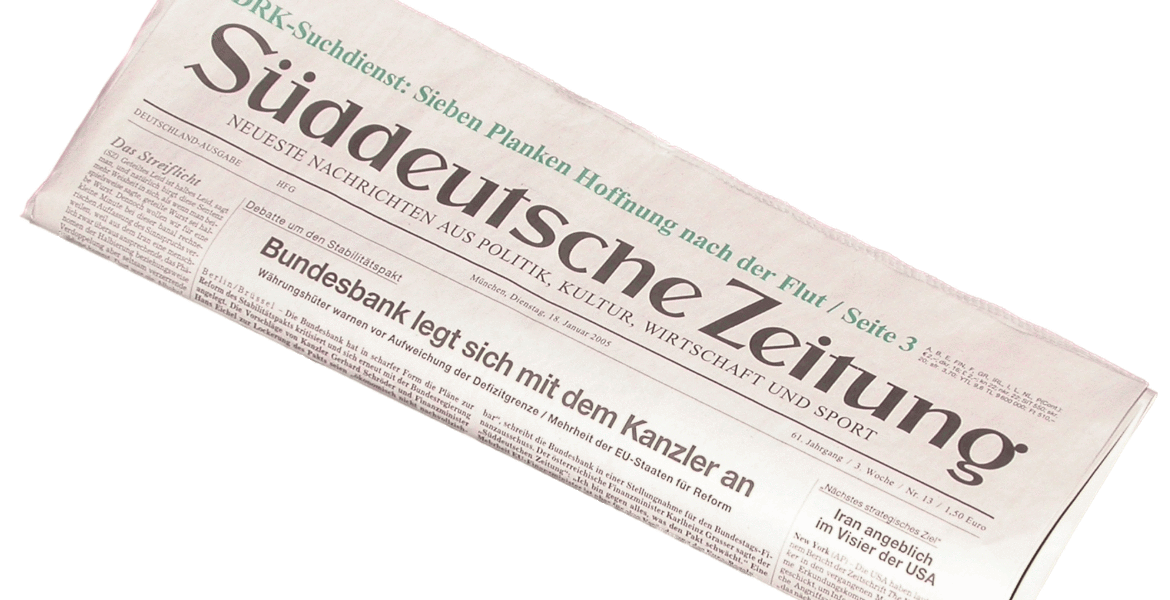Today's Süddeutsche Zeitung published a revealing article on Germany's mediation efforts, entitled "Berlin Mediates On Both Sides," arguing that the Berlin tripartite had come very close to a de-escalation agreement but failed.
"[…] The diplomatic advisers of the Turkish president and the Greek prime minister ( İbrahim Kalın and Eleni Sourani respectively) have been involved since the beginning of July in the Berlin negotiations, which had a triple goal. A moratorium on underwater energy research, the resumption of maritime border exploration that began 10 years ago and ended in 2016, as well as confidence-building measures," The German newspaper revealed.
According to information from the Süddeutsche Zeitung, cited by Deutche Welle, the course of the talks was initially very promising. Statements made at this stage in Ankara and Athens confirms this.
"Apparently the biggest obstacle to an agreement was and remains the lack of trust: both the Turkish and Greek governments were concerned that nationalist circles would take advantage of the publication of the agreement by presenting it as a weakness," Süddeutsche Zeitung wrote, adding that "after painstaking talks, a public and similar statement by the warring parties was finally agreed on August 7, which was personally approved by Turkish President Erdogan and Greek Prime Minister Mitsotakis. Its content: the two sides agreed on talks and confidence-building measures, while the moratorium was also agreed orally."
However, what urked the Turks and made them withdraw from discussions was Greece's maritime deal with Egypt that was made in accordance with international maritime law.
"But then came August 6 and a surprise visit by Greek Foreign Minister Dendias to Cairo, where he signed - even more unexpectedly - a Greek-Egyptian agreement on maritime rights between the two countries, 22 hours before his scheduled public announcement. The reaction did not take long to come. Ankara was boiling, the Turkish media was foaming, the government was talking about betrayal. The Turkish-Egyptian rivalry especially in Libya but also against the background of the influence in the Middle East in general had to present the strategic move of the Greek Foreign Minister as a challenge," the German outlet said.
The German newspaper then admitted that France's unapologetic support for Greece has forced many EU countries to take a position when they were otherwise indifferent.
"Since August 7, the situation is constantly escalating and this is triggered by the role of France, which unconditionally supports Athens, forcing many EU countries to take a stand," the newspaper wrote.
More surprisingly, Süddeutsche Zeitung admitted that Germany was doing their best to try and avoid placing sanctions on their centuries long Turkish allies.
"Recently, German Foreign Minister Haiko Maas made efforts to weaken threatening European sanctions against Turkey. He had previously angered Turkey by expressing his solidarity with Greece. Even US President Trump, in consultation with Berlin, had mediated in Athens and Ankara. A rare proof of classic diplomacy, but it did not work," Süddeutsche Zeitung wrote.
"There is obviously a much bigger problem behind the bilateral conflict. What is needed for Turkey is not only border disputes and energy reserves, the exploitation of which is probably not even economically advantageous. The most important issue in Ankara is the modernization and renegotiation of the customs union with the EU and visa facilitation," the newspaper explained, adding that "Both are issues of major importance to the Turkish economy, which have been frozen following the numerous conflicts between Ankara and the EU."


